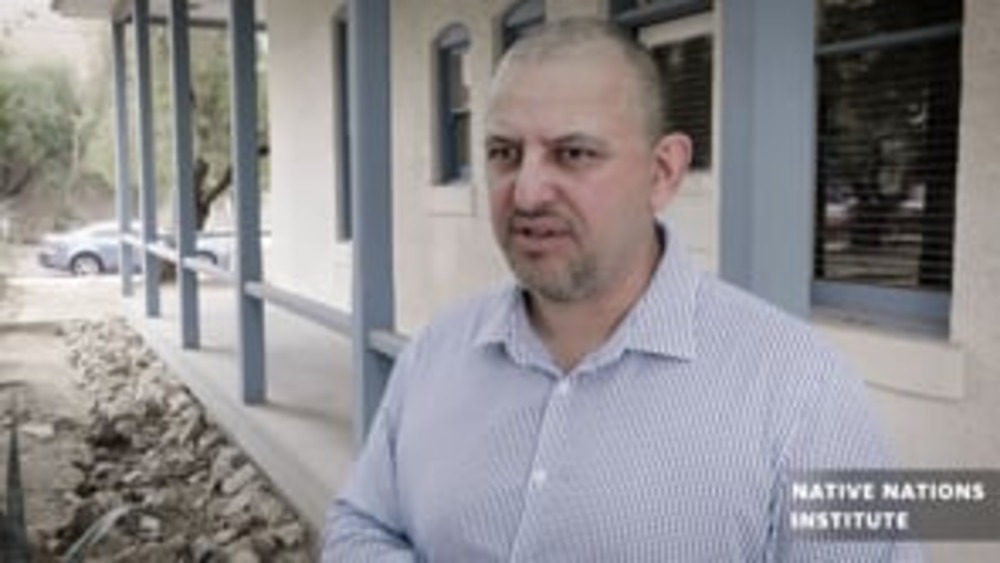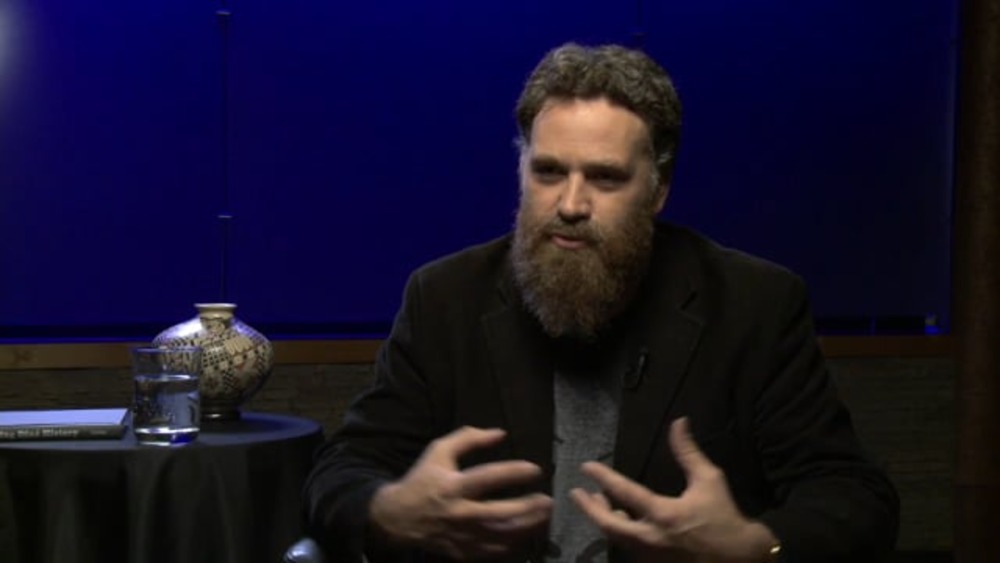In this interview, Māori barrister and Senior Lecturer at The University of Waikato Te Whare Wānanga o Waikato, Dr. Robert A. Joseph offers his expert analysis of governance and law through the historical perspective of Māori self-governance. Dr. Joseph gives a summary of the complexities of colonization over Māori lands under New Zealand governments and in particular a thorough examination of the Treaty of Waitangi that lays the foundations for the governance relationships of the Māori people with New Zealand governmental relations and society. Included with his historical accounts are the ways that law and jurisdiction intersects with Māori economy that brings together a current context to the way colonization impacts the modern practices of Māori self-determination.
Additional Information
Native Nations Institute. "Robert Joseph: History of Maori Governance and Self-Determination.” Leading Native Nations, Native Nations Institute, University of Arizona, Tucson, AZ, December, 2017
Transcript
Transcript available upon request. Please email: nni@email.arizona.edu


